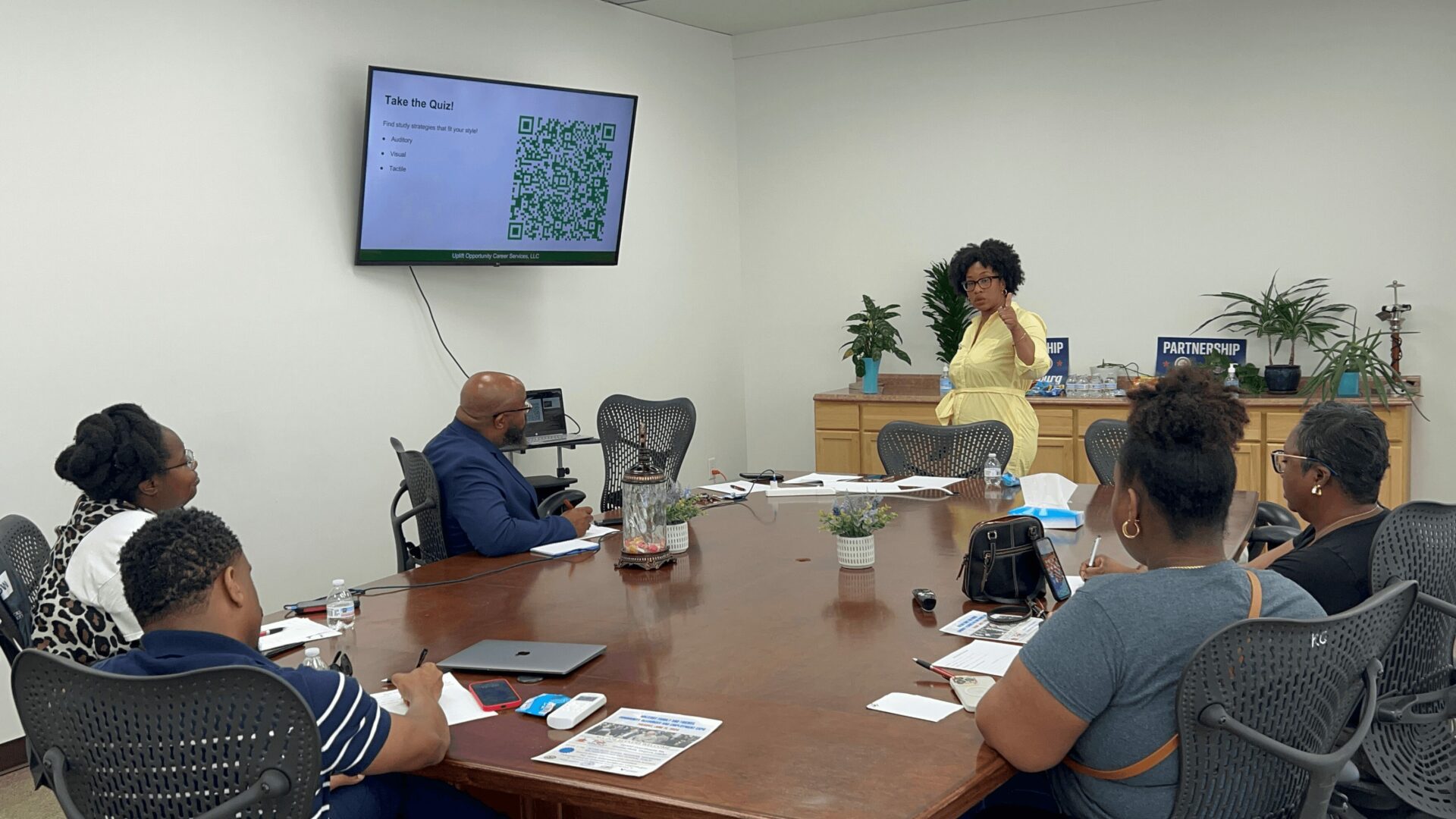We’re excited to introduce you to the always interesting and insightful Krystle Dorsey. We hope you’ll enjoy our conversation with Krystle below.
Krystle , thank you so much for joining us today and appreciate you talking about a sensitive topic. It’s unfortunately relevant to so many in the community as layoffs have been on the rise recently, and so we’d appreciate hearing your story and how you overcame being let go?
I worked for a program part-time for about a year and a half after graduating with my master’s degree in counseling. It was the Great Recession during the time, and I had trouble securing a full-time role. I was fired from this role unexpectedly, and it was devastating.
I was honestly depressed for a week or so after this happened. I felt my desire for autonomy and trust in my role was not adequately understood. I felt betrayed and undervalued. I believed I would earn more independence the more the quality of my work increased, but the opposite was true. The power struggle led to tension in the workplace, so I was let go. I went home and cried to my dad. I stayed in my room and slept for several days. Eventually, I got through my negative feelings by accepting that I couldn’t control how others responded to my performance, and this behavior meant that the environment was not a good fit for me to reach my true potential.
This shift in perspective enabled me to remain convinced that I had done good work and regain confidence about my skills and abilities. It ignited the faith in me to find a better fit. Retrospectively, I knew I needed to leave well beyond when the situation reached its peak; however, I stayed because I felt I needed the income. Surrendering to the situation empowered me to have the faith to understand that rather than being “discarded” that I was instead “liberated”. I now had more energy, a better attitude, and most importantly, more time to devote to what I really wanted. I soon after enrolled in a women’s bible study group at my church Alfred Street Baptist Church in Alexandria, Virginia. This further increased my faith, and one of the women encouraged me by explaining that being fired was a blessing – it meant that I was eligible for unemployment benefits until God opened the door to the next opportunity. I followed her wisdom, and I started to apply to full-time jobs more consistently.
Yet, the job search can also be disappointing when you consistently apply but still don’t get a response. I asked my dad if he would go with me to a museum the upcoming Friday, and he agreed. He playfully coined this excursion “Field Trip Friday,” and it turned into a weekly routine for the next several weeks. It was a nice break at the end of the week after spending hours at a computer. It was also something to look forward to amid an otherwise frustrating situation. However, Field Trip Friday is what I remember the most about that time period. Today, it is also one of the fondest memories I have with my dad.
Eventually, it took me 6 months after I was fired to be offered a full-time job. However, the perspective of “liberated” versus “discarded” reigned true. After the change in weather and holiday season put a damper on Field Trip Friday, I made a short move to Hampton, Virginia, where I became involved with the Urban League of Hampton Roads Young Professionals, an auxiliary of the National Urban League movement. My connections and commitment to The Movement would be critical to later opportunities for success. I also networked regularly on social media, and I eventually connected with someone that would refer me to the full-time job I was offered.
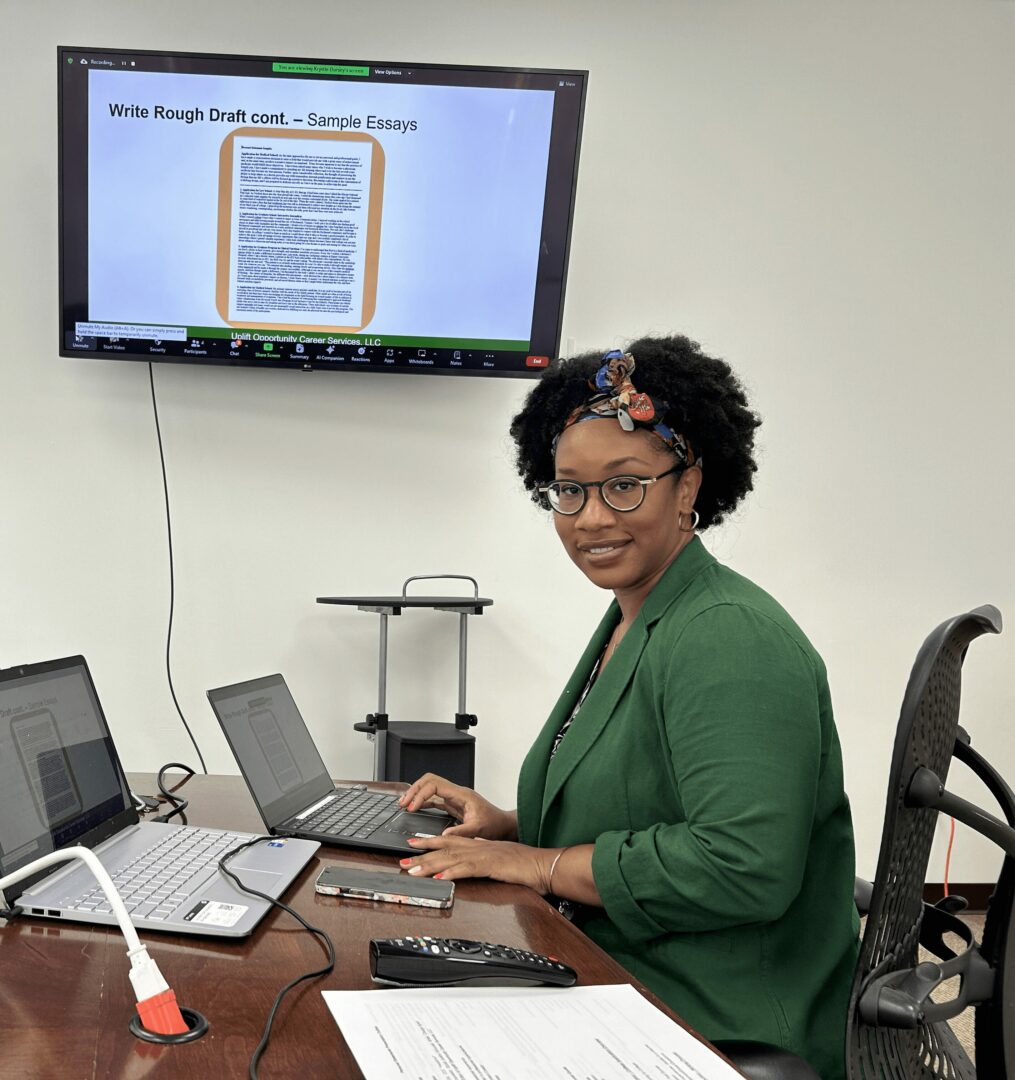
Appreciate the insights and wisdom. Before we dig deeper and ask you about the skills that matter and more, maybe you can tell our readers about yourself?
I am Certified Career Counselor, social justice advocate, writer, and change agent. I have 15+ years of experience as a career services professional, primarily in the higher education industry. My business, Uplift Opportunity Career Services, LLC is a career services and media platform specializing in the needs of diverse mid-career professionals. I am the CEO and Founding Editor, and I help mid-career professionals get unstuck and prepare for their next opportunity. I provide helpful information and proven, hands-on strategies to help them reach careers on the next level. My six-step career development strategy empowers my clients to gain clarity about their purpose and live a more balanced life.
Services include reviewing career documents, such as resumes, cover letters, and LinkedIn profiles. I also provide coaching and deliver workshops about topics such as career changing, job searching, graduate school, and career planning.
I want potential clients/followers/fans to know that I care about their purpose just as much as they do, because my purpose is to empower them to achieve theirs. I am excited to be hosting my first career event on September 19th. It is a career transition workshop for mid-career professionals designed to help them uncover what inspires and motivates them, so they can align their career path with their deeper passions and values.
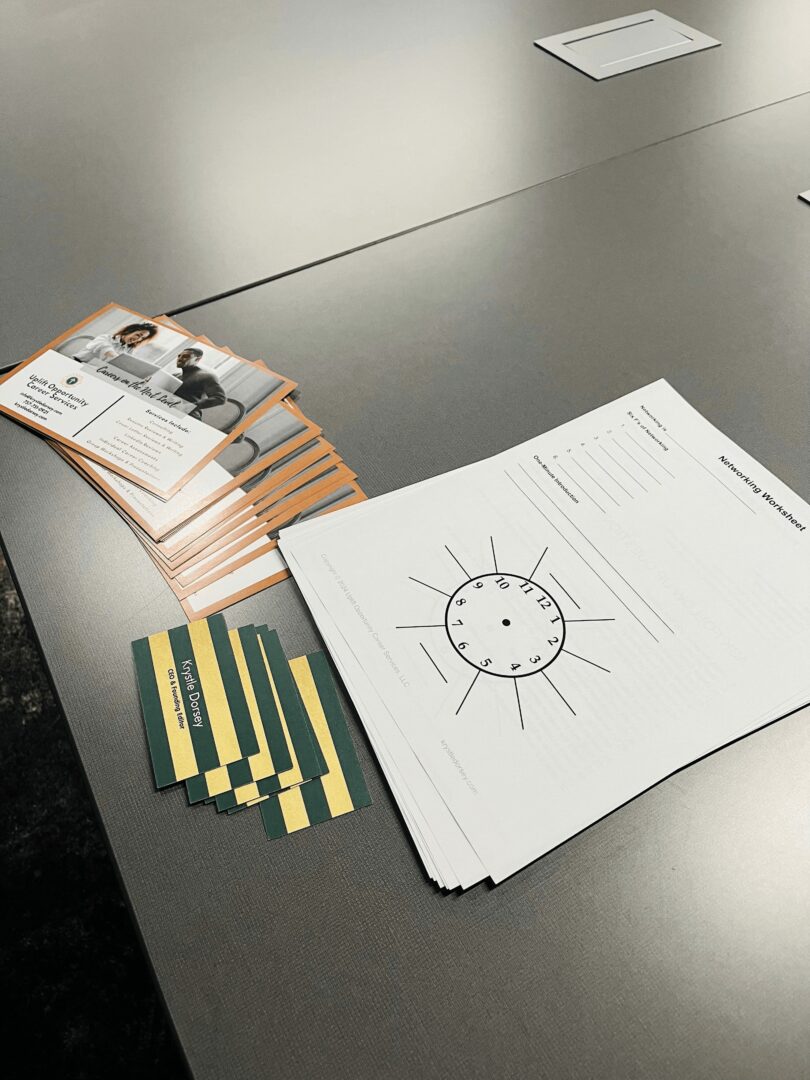
If you had to pick three qualities that are most important to develop, which three would you say matter most?
The three qualities, skills, or areas of knowledge that were most impactful in my journey were 1) creating a plan and then executing it, 2) balancing persistence and flexibility, and 3) networking.
Creating a plan is essential to achieving any goal. Most people have goals and dreams, but they don’t know the steps to making them a reality. However, “not knowing” is often an excuse people subconsciously make for themselves out of comfort, fear, or both. There are so many resources out there that a lot of times the information you need is either a click or a conversation away. When I am interested in doing something, the first thing I do is sit down and make out a plan. Then, I put it into action. For example, I told myself that I would apply to at least 3 jobs per day, Monday-Thursday when I started to search for jobs after being fired. Currently, I have a schedule for my social media posts and newsletter. I have certain events I make a point to attend to network for my business. Once the plan is in place, I work it until it works.
Balancing persistence and flexibility is important, because life doesn’t always go as expected despite the plans that we make. After I was fired, I moved to Hampton in hope of finding a job there, so I could make a career of giving back to my hometown. Although I had a great time building connections and giving back through the Urban League of Hampton Roads Young Professionals, I never found an adequate paying job that aligned with my skills. This required flexibility. The overall goal was a full-time job fulfilling what I knew to be my purpose at the time, so I needed to be flexible about the location. Ultimately, my flexibility with the location enabled my success. I found a full-time position doing exactly what I was called to do, although it was in a place I would have least imagined. When you’re struggling about being persistent versus flexible with your goal, it’s important to prioritize what you are really trying to achieve. What do you want versus need?
Networking is the magic in any opportunity you are trying to find. There’s only so much time and energy you have to search and navigate on your own. One of the most powerful church sermons I heard was when a pastor explained that God’s blessings and miracles come through people. I always pray about who I should be connected to when I search for opportunities, and I am very alert to who appears during that time. All of my most significant opportunities have in fact come through some connection of mine. I am very diligent about surrounding myself with like-minded people and investing in mutually beneficial relationships. The ability to network effectively consistently impacts every step of my journey.
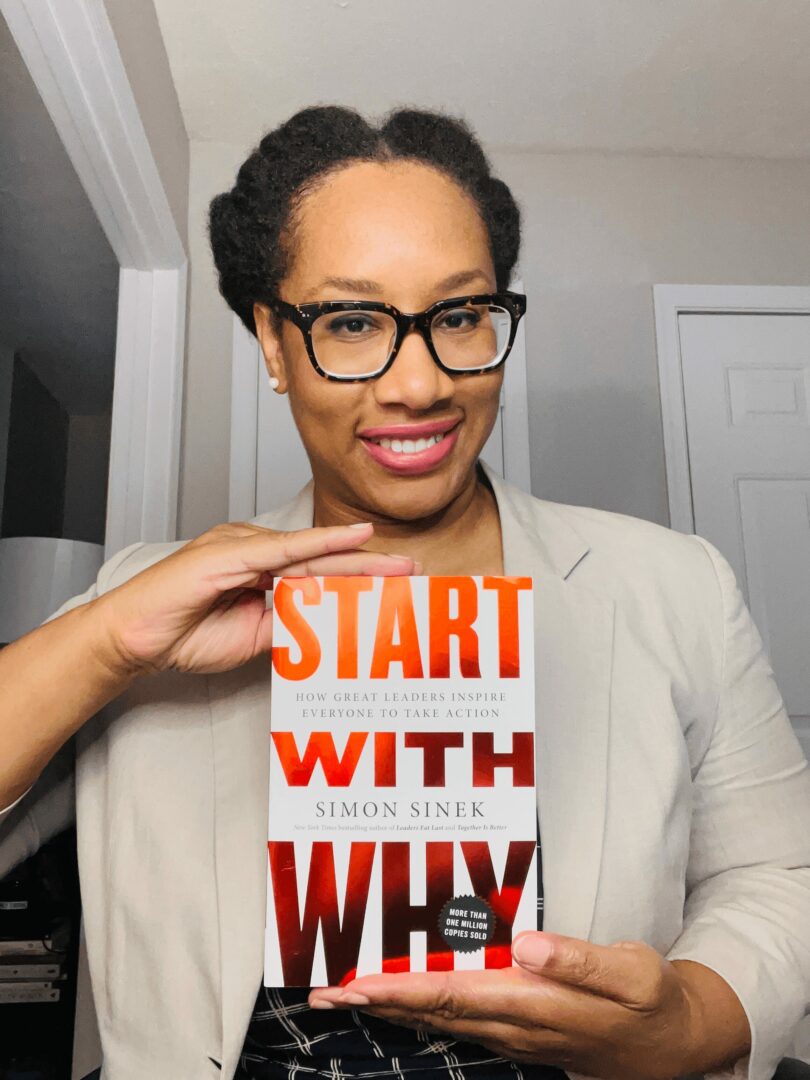
What would you advise – going all in on your strengths or investing on areas where you aren’t as strong to be more well-rounded?
I see value in investing in your strengths and learning new skills simultaneously. This is a very important lesson in our unstable economy, because you never know when you could face things like job loss and then what skills certain opportunities will require of you. Additionally, we are in a period of constant change in our society. Learning to stay abreast of career and industry trends and which skills you have or are willing to acquire to meet them will make you marketable to employers, but also potential clients if you own a business. This will also help you to shift or pivot your business if your original concept doesn’t work, doesn’t work as well, or stops working altogether. For instance, I leaned on the writing aspects of my business in the beginning, and I resisted doing videos for some time. I didn’t know how to make or edit videos, so I was intimidated. Nonetheless, the more time passed, the more social media became increasingly video oriented, so I eventually folded about making videos. I gained 200 followers in two months and more speaking engagements!
Another important takeaway for entrepreneurs is that when you start a business you do most of the routine tasks yourself. The more skills you know – marketing, planning, selling, content/product creation, business development, copywriting – the more you succeed in getting things off the ground. Of course, we are human beings, and we can’t do everything, so it’s not to say you have to be an expert or perfect at these skills, but knowing base knowledge to get you by will be helpful. Find a level of proficiency that you feel good about, and then execute what you can until you have the funds to hire someone. Finding a partner is another way to balance the areas you aren’t strong in.
Some things you will never be good at, no matter how hard you try. That’s ok. Don’t beat yourself up about it. This is the case in which I think it’s better to focus on your strengths. I believe that excellence attracts excellence. If you do what you do really well, then people will see it and support it, even if it’s not perfect. They may even ask how they can help you grow or improve. If they don’t offer assistance, then humble yourself and ask for help! Again, this reiterates the power of networking. You always have access to the resources you need if you are diligent about surrounding yourself with the right people. Most importantly, be cooperative when people agree to help you. People will have their own set of priorities just as much as you do, so always try to seek an arrangement that’s mutually beneficial when working with other people. If not, don’t be afraid to move on, but also don’t give up on finding the right fit! Finding the right fit can take time, whether it’s your product, your audience, or your partner.
Contact Info:
- Website: https://krystledorsey.com
- Instagram: https://www.instagram.com/kduplifts_u/
- Facebook: https://www.facebook.com/kduplifts
- Linkedin: https://www.linkedin.com/in/krystledorsey/
- Youtube: https://www.youtube.com/@kduplifts_u
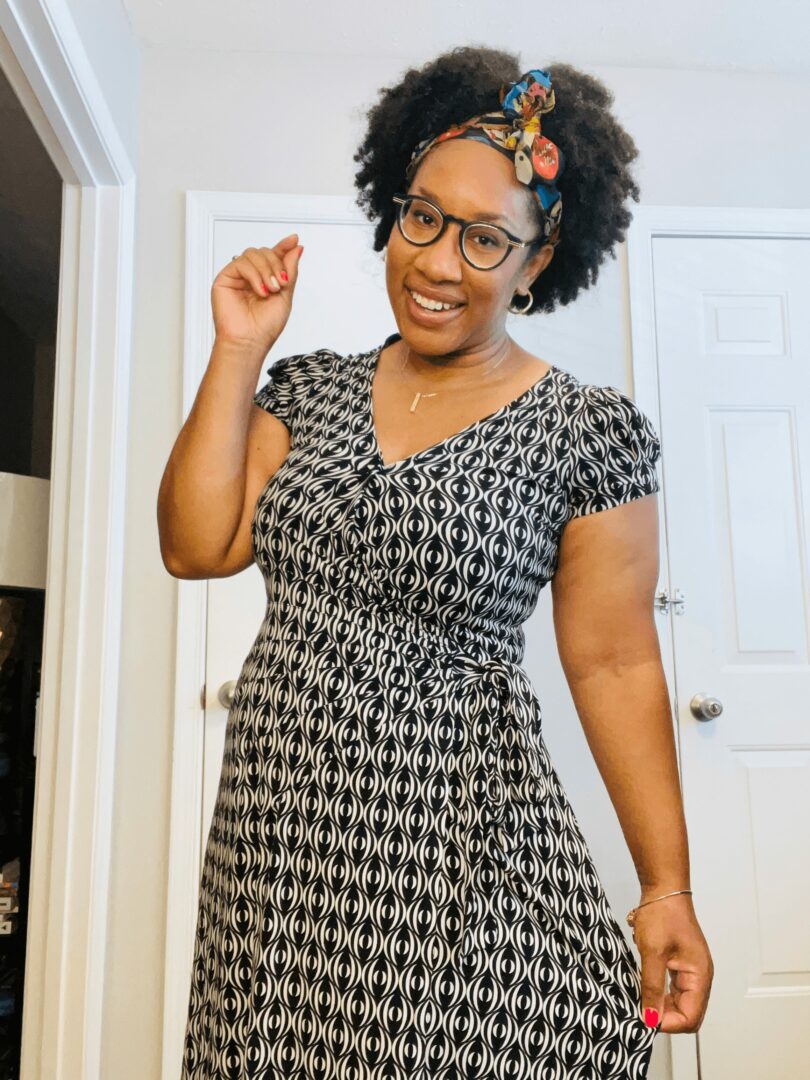
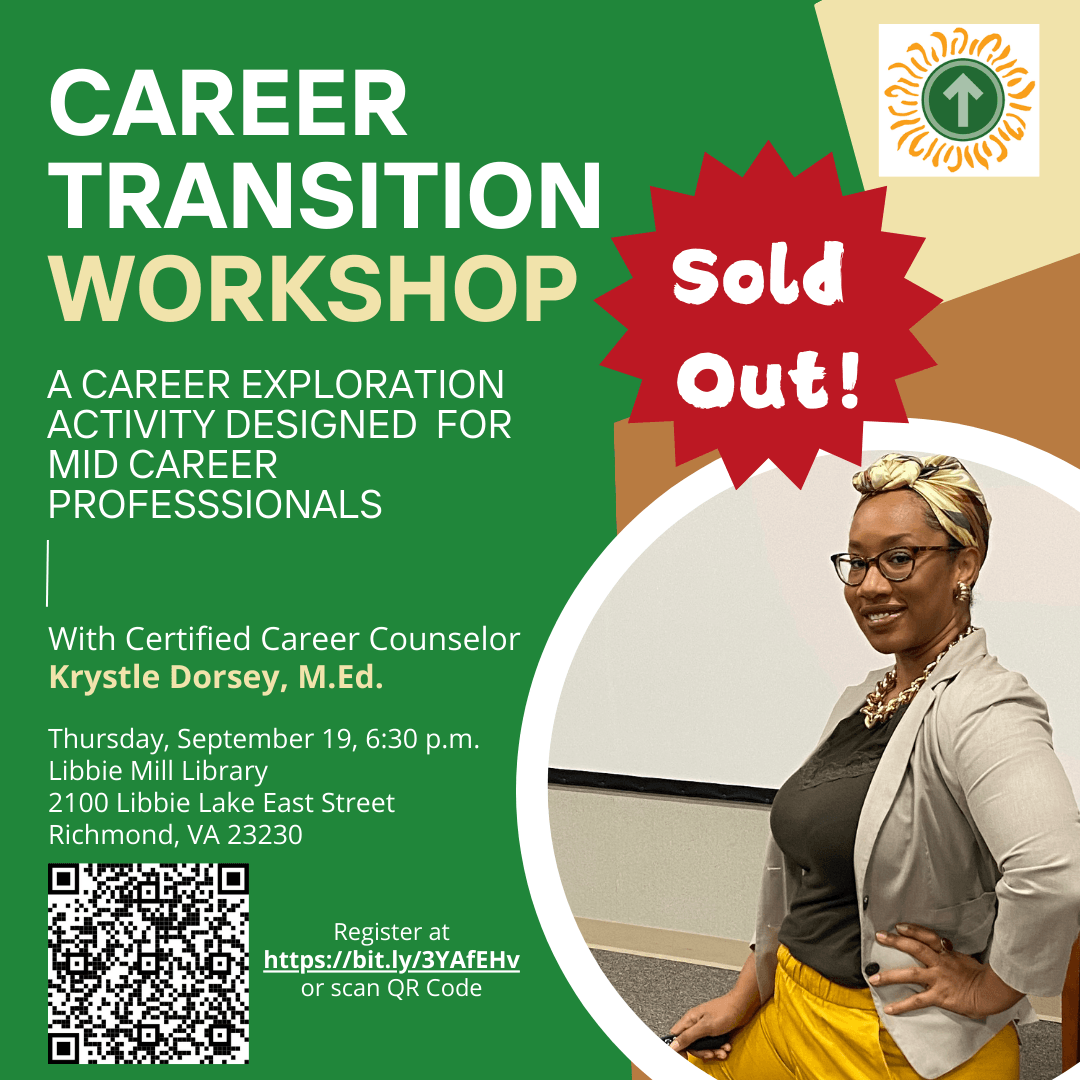
Image Credits
All photos are my own
so if you or someone you know deserves recognition please let us know here.

